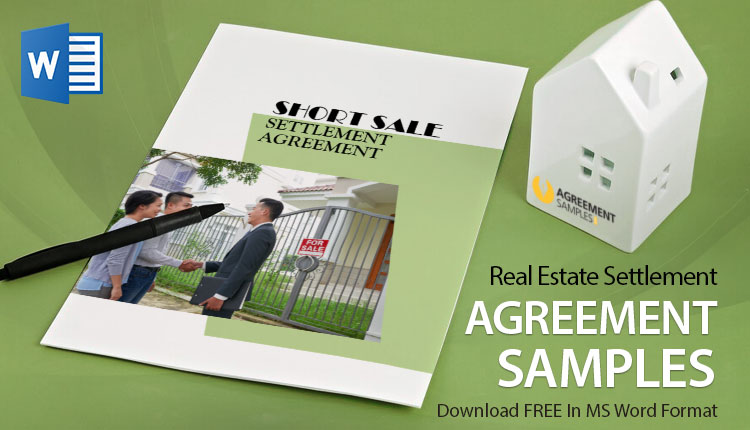This quick guide on how our free Real Estate Settlement Agreement templates can help you close deals smoothly.
Unlocking the doors to seamless real estate transactions has never been easier. With just a few clicks, you can access a treasure trove of Real Estate Settlement Agreements, ready for immediate download and use. No more waiting for appointments or consultations; these agreements are available at your fingertips, right when you need them. Whether you’re in the midst of a property purchase, having these agreements on hand means you can swiftly and confidently move forward with your plans. Say goodbye to lengthy delays and hello to efficiency – download your agreements now and experience the convenience firsthand.
Simplify your real estate transactions with our customizable Real Estate Settlement Agreements. Each includes an editable cover page and sample placeholders for easy updates. Skip the lengthy drafting and high legal fees—download and use the agreements immediately. Download your free agreements now and move forward with confidence.
A real estate settlement agreement is the legal document that brings a property transaction—whether it’s a sale, lease termination, or mortgage payoff—to a formal close. It spells out exactly how both parties (buyer and seller, landlord and tenant, or lender and borrower) will wrap up the deal, who pays what, and when ownership or rights transfer hands.
In plain terms, it usually includes:
By clearly laying out each step—from escrow instructions to final funding—a settlement agreement protects both sides from misunderstandings, delays, or disputes. It gives everyone peace of mind that the deal will finish smoothly and according to plan.

A real estate settlement agreement is crucial because it finalizes a property transaction in writing and protects both parties. It helps by:
In short, it secures the deal, avoids conflicts, and ensures a smooth closing.

A real estate settlement agreement covers all the critical details needed to close a property deal smoothly. While the exact terms may vary by transaction, most agreements include:
These elements ensure that both parties understand their responsibilities and that the property transfer is completed fairly and legally.

A real estate settlement agreement is a legal document that finalizes the terms of a property transaction, outlining responsibilities, payment details, and the transfer process to protect both parties.
These agreements are used by buyers, sellers, landlords, tenants, and sometimes lenders to clearly define the terms of a real estate deal.
Yes, once signed by all parties (and notarized if required), the agreement becomes legally binding and enforceable under state law.
Absolutely. Most templates are editable in Word, allowing you to adjust terms like property details, payment schedules, and deadlines to fit your needs.
While templates can save time and money, it’s often wise to have a lawyer review the agreement to ensure it meets your state’s legal requirements and protects your interests.